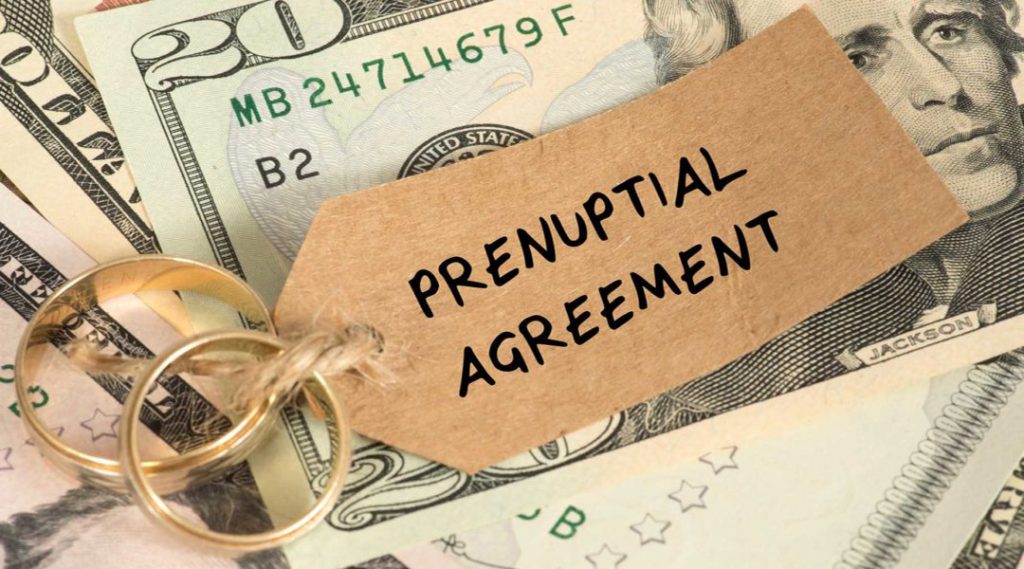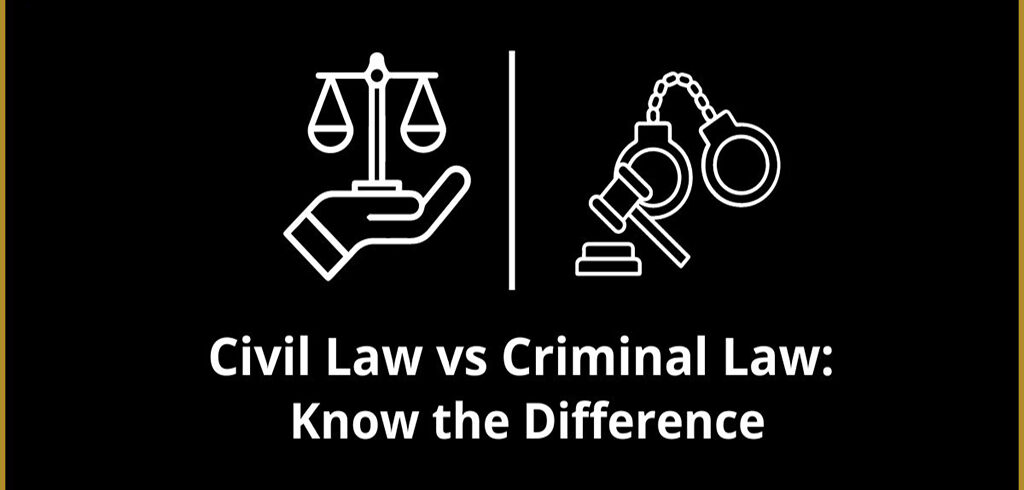
First things first, what is a prenuptial agreement? Also known as an ante-nuptial agreement or premarital agreement, a prenup is a written contract entered by two individuals prior to marriage or a civil union. This enables them to control many of the legal rights they acquire upon marrying, and what happens when their marriage eventually ends either by death or via a divorce.
Couples choosing to enter into a written prenup have it that it supersedes any existing default marital laws that would otherwise have applied in the event of a divorce. These laws would normally guide on matters such as property reallocation’s, retirement benefits, alimony, and any other such terms. A prenup may also contain waivers, in the event of a death, the surviving spouse’s right to claim an elective share of the deceased estate. Prenuptial agreements fall under family law, and a good Phuket law firm which practices the same can offer great advice and help in drafting one under Thai law.
Valid and Enforceable Prenup in Thailand
In Phuket and Thailand in general, a prenuptial agreement is recognized by the Commercial and Civil Code of Thailand. It is important to note that not all prenups are valid and enforceable, and it is, therefore, important to get a Phuket lawyer to help. A valid and enforceable Thai prenup is required by Law where:
- The content of the prenuptial made in Thailand cannot be against the law or good morals;
- Both the prospective husband and wife must understand the content of the prenuptial;
- The prenuptial in Thailand must be made before the marriage, a contract between husband and wife concerning personal and jointly owned property made after the marriage registration (post-nuptial) is void;
- Both the future husband and wife must sign the prenuptial in the presence of at least two witnesses and the agreement must be entered into the Marriage Register together with the marriage.
Any lawyer in Phuket will ensure that these conditions, found at clause 1466 of the Commercial and Civil Code of Thailand, are met as required.
In accordance with the Thai laws on marriage, the prenuptial agreement mainly relates to the assets and financial implications of marriage. It establishes conditions of ownership and management of personal and concrete joint property and potential division of marital assets, if the marriage will be dissolved. The prenuptial agreement should also include a list of each individual’s personal assets at the time of the marriage and guarantees, that debts and property before the marriage remain in possession of the initial owner or debtor.
From a contractual perspective, personal property includes:
- Any property owned by spouses before the marriage;
- Any property for personal use;
- Gifts from third parties or property received through the testament (if it is not indicated in testament, that property should transfer to joint property of spouses);
- Real estate transmitted to the bride as a dowry (during the engagement ceremony) also known as Khongman.
In the same way, joint property includes:
- Property acquired at the time of the marriage;
- Property received by one of the spouses at the time of the marriage as a gift, if in the document attached to a gift or in the document compiled by spouse this property was declared as joint;
- Income acquired from personal property.
The Pros and Cons of a Prenuptial Agreement
Everyone will have an opinion on the necessity or implications of a prenuptial agreement, which influences the decision on whether to have one or forego it altogether. Naturally, the discussion can be an uncomfortable one for a couple if they are on either side of the fence. As such, the debate for and against prenuptial agreements has raged on.
Pros
Here are some common reasons that people may want to avoid prenuptial agreements:
- A prenup can be perceived as not romantic. During an engagement, it does not seem appropriate to discuss what to do if the marriage fails. Couples, therefore, completely avoid the subject even if they are willing to have a prenuptial agreement.
- If the couple is young and starting out with no assets, a prenup talk can bring up some trust issues and one of the couples may question the true motive for getting married.
- It’s hard to predict every possible change in the future circumstances that might occur between the time a prenuptial agreement is written and a divorce. What seems fair and reasonable right now at the time of writing the prenup might seem extremely unfair to one of the partners twenty years later. A lawyer in Phuket can offer invaluable advice about any future concerns in the event that a prenup is being considered.
- State law may protect you without a prenup.
Cons
On the other hand, there are some considerable advantages to have a prenup before entering the marriage:
- One of the common reasons for divorce is financial disputes between couples. Discussing it all upfront will help to reduce conflicts and save money in case of divorce.
- It can protect your separate property.
- It helps you plan your estate
- It defines what property is considered marital or community property
- It reduces conflicts and saves attorney fees if you decide to divorce
- It clarifies special agreements between you and your future spouse
- It establishes procedures and ground rules for deciding future matters
Final Remarks
When looking at it from an individual’s perspective, prenups sound like a great idea in terms of securing one’s assets. The same may not be true for a couple. Ultimately, seeing as it’s an agreement, it will have to be agreed on. No one commits to a marriage with the intention of leaving, but it is wise to think about the future. Thinking of getting a prenup? Need help drafting one? Talk to a Phuket International Law Firm with years of experience in family law today!





